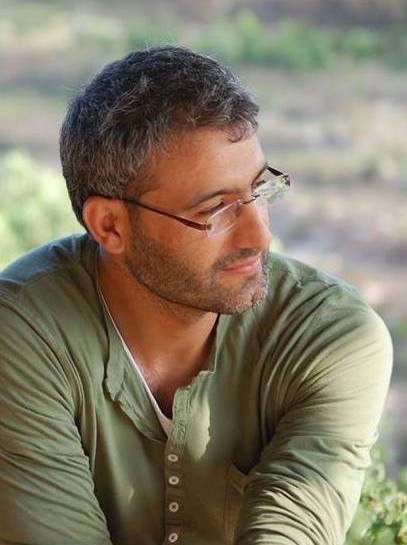Rami was a member of the National Coordinating Committee, and a prominent activist who called for peaceful political change in Syria since the start of the popular uprising for democracy in March 2011. He also worked in the relief field and in providing food to those besieged and displaced.
Rami, from Suwayda city, was a resident of Sehnaya town in southwest Damascus Suburbs governorate. Syrian Network for Human Rights (SNHR) documented that Syrian Regime forces arrested him on Sunday, August 5, 2012, in a security ambush after a security officer called him, claiming that he needed help and telling Rami to meet him on the Mazza highway; when he arrived, he was arrested by regime personnel who were present in several regime vehicles. He was detained in the 248 Branch which is affiliated with the Military Intelligence Branch in Damascus city.
At the beginning of 2013, he was referred to the Military Field Court (al Midan Court – Second Field Court) and was classified as forcibly disappeared until Monday, April 30, 2018, when the SNHR learned from his family that Syrian Regime forces had informed them that he died on Monday, December 27, 2017, in a detention center. The regime forces did not hand over his body to his family, nor did they inform them of the death when it happened or give them any other details and information.
Source: SNHR
